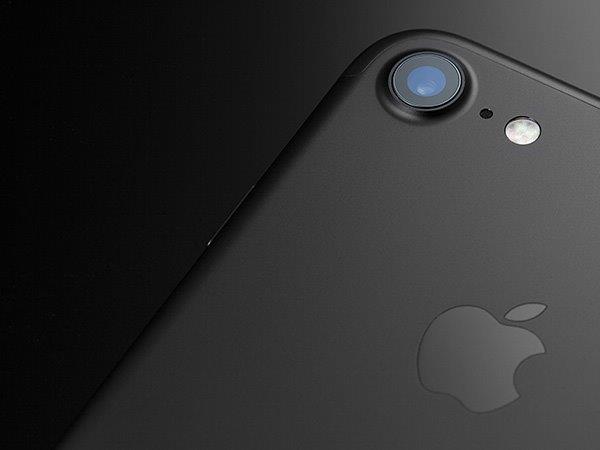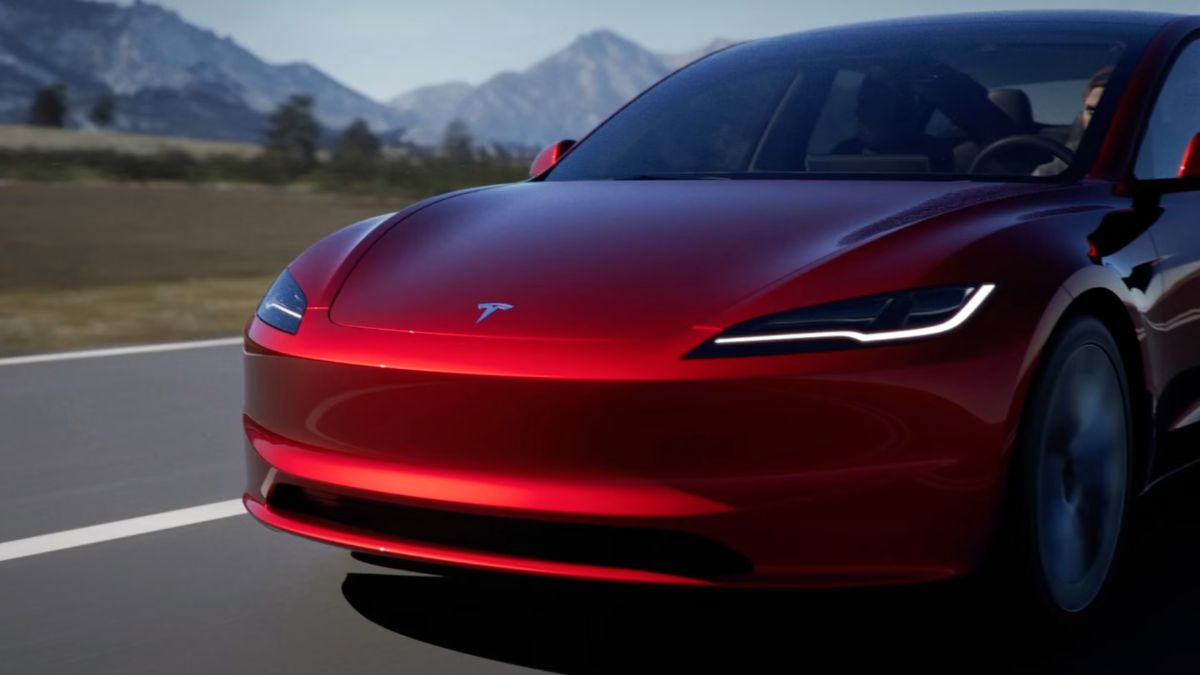Just In
- 16 hrs ago

- 1 day ago

- 1 day ago

- 1 day ago

Don't Miss
- Sports
 T20 World Cup 2024: Top 5 Indian Pacers From IPL 2024 Show Far With Days To Go for India Selection
T20 World Cup 2024: Top 5 Indian Pacers From IPL 2024 Show Far With Days To Go for India Selection - Finance
 Good News! Thanks To 1:2 Split, Pharma Co Plans Expansion; To Pay Special Rs 118/Sh Dividend, Record Date Set
Good News! Thanks To 1:2 Split, Pharma Co Plans Expansion; To Pay Special Rs 118/Sh Dividend, Record Date Set - Lifestyle
 Chaitra Navratri 2024 Day 7: Maa Kalratri Puja Vidhi, Vrat Katha, Mantra and Aarti Lyrics
Chaitra Navratri 2024 Day 7: Maa Kalratri Puja Vidhi, Vrat Katha, Mantra and Aarti Lyrics - News
 Vintage Thala: Watch MS Dhoni Hitting 3 Sixes To Hardik Pandya At Wankhede In IPL MI vs CSK Match
Vintage Thala: Watch MS Dhoni Hitting 3 Sixes To Hardik Pandya At Wankhede In IPL MI vs CSK Match - Movies
 Aavesham Worldwide Box Office Collection: Fahadh Faasil's Film Approaches ₹50 Crore Mark Globally
Aavesham Worldwide Box Office Collection: Fahadh Faasil's Film Approaches ₹50 Crore Mark Globally - Education
 10 Reasons Gen Z Should Be Grateful to Dr. B.R. Ambedkar
10 Reasons Gen Z Should Be Grateful to Dr. B.R. Ambedkar - Automobiles
 Simple Steps To Keep Car Audio System In Peak Condition: Top Maintenance Tips
Simple Steps To Keep Car Audio System In Peak Condition: Top Maintenance Tips - Travel
Maximise Your First Indian Adventure With These Travel Tips
Why Smartphone Manufacturers Choose Metal Over Other Build Materials
Which build do you prefer metal, glass, or plastic?
There was a time when plastic was the dominant material used to build phones irrespective of the price segment they fall in. But, ever since phones started getting smarter, the construction techniques involved in building them have also evolved quickly.

As a result, the smartphone makers will be spoilt for choice as there are plentiful options available for them. For instance, there's all-metal unibody design, glass and fiber sandwich design, metal and plastic design, metal and leather design, and the list just goes on.
Also Read: Moto G4 and Moto G4 Plus Start Receiving Android 7.0 Nougat Update in India
Despite having such numerous options, smartphone manufacturers are still inclined towards metal design. Why? Each material has its strengths and weaknesses. For instance, a smartphone with glass build has a better network reception than its metal counterpart.
In this article, we will try to bring forth some advantages and disadvantages of using different materials to build a smartphone in addition to why smartphone manufacturers largely prefer metal over other build materials.

Advantages and disadvantages of metal build phones
A smartphone with an all-metal body was a flagship affair not-so-long-ago. But, these days, every alternate smartphone has a metal build.
Advantages
One of the primary reasons for smartphone vendors to consider metal as a casing is the fact that it adds to the aesthetics of the device giving it a premium touch. Also, the ductile nature of metal allows them to experiment with the design which eventually helps their devices to stand out in the crowd.
Furthermore, metal is a good heat dissipator. In comparison to its plastic counterparts, a metal smartphone can disperse more heat generated by the processor and internals of the device. Also, a metal casing offers better protection to the internal components in comparison to the polycarbonate ones.
Disadvantages
One of the biggest problems of metal smartphones also happens to be its advantage. Yes, that's right! A metal smartphone, while dissipating heat quickly, tends to get extremely hot owing to the overheating processors.
While not many people may care about it, the terribly looking antenna lines on an otherwise clean design may be a problem for some. How is the metal build related to this, you may ask? Well, metals are good conductors of heat and electricity, but also act as great shielding agents against radiation due to the dense molecular construction. So, in order to improve the network reception, the antenna lines have to be placed on the outer side of the smartphone.
Also, on metal build smartphones, scratches and dents are clearly visible, unlike their plastic counterparts.

Advantages and disadvantages of glass build phones
While glass build may not be as ubiquitous as metal, only a few smartphones have been launched with glass build this year. For instance, the Samsung Galaxy S7 and S7 Edge, Sony Xperia Z, or the Asus Zenfone 3. When we say glass design, it's not entirely made of glass. It's a combination of metal and glass with the former holding the glass on the front and back intact.
Advantages
As far as advantages are concerned, firstly, glass is more rigid and scratch resistant than metal or plastic (polycarbonate). Secondly, it is highly scalable, meaning it can be produced on a large scale which allows companies to reduce the production cost. Finally and most importantly, the glass build allows for better wireless charging.
Disadvantages
The most obvious disadvantage of glass is the fact that it is fragile. While technologies like Gorilla Glass provide a significant amount of protection, glass is still susceptible to shatters.
Also, manufacturers can't experiment with the design as they can do with the metal casings. Sure, curved backs and curved displays are giving us a ray of hope but still they are less flexible.
Also Read: Reliance Digital Stores Will Be the Next PokéStops; Pokemon Go Finally Lands in India

Advantages and disadvantages of plastic build phones
A few smartphone vendors still use plastic as a casing for smartphones. Microsoft Lumia 950 and Lumia 950 XL, for instance, are made of plastic. Among all the types of plastic, manufacturers prefer polycarbonate for several reasons.
Advantages
For example, they have high impact resistance and are relatively more flexible than glass. Moreover, unlike metal casings, smartphones with polycarbonate shell don't interfere with network signals, and the production costs are very low.
Disadvantages
In comparison to metal and glass casings, smartphones with plastic casings look uninspiring and lose that premium touch most of the times.
Plastic is a poor conductor of heat. And, it is obvious that smartphones heat up quickly while running intensive tasks which in turn slows down the device.
Click Here for New Smartphones Best Online Deals
-
99,999
-
1,29,999
-
69,999
-
41,999
-
64,999
-
99,999
-
29,999
-
63,999
-
39,999
-
1,56,900
-
79,900
-
1,39,900
-
1,29,900
-
65,900
-
1,56,900
-
1,30,990
-
76,990
-
16,499
-
30,700
-
12,999
-
3,999
-
2,500
-
3,599
-
8,893
-
13,999
-
32,999
-
9,990
-
14,999
-
12,999
-
12,999












































